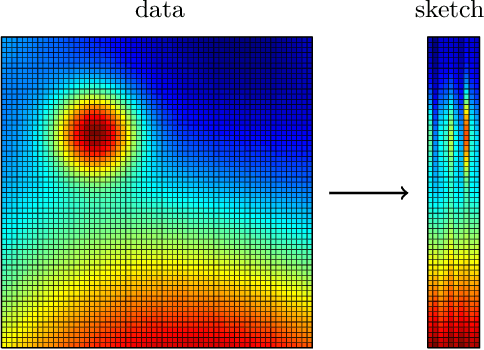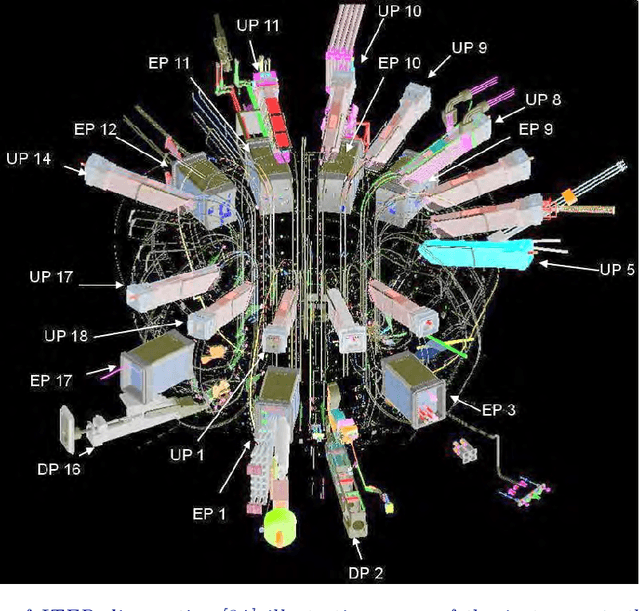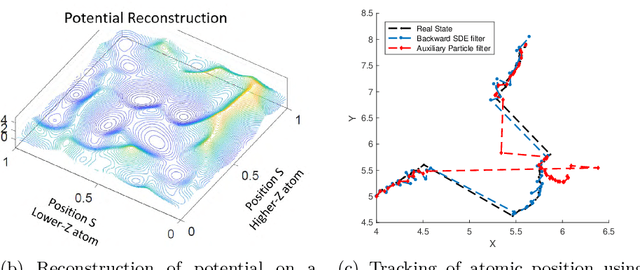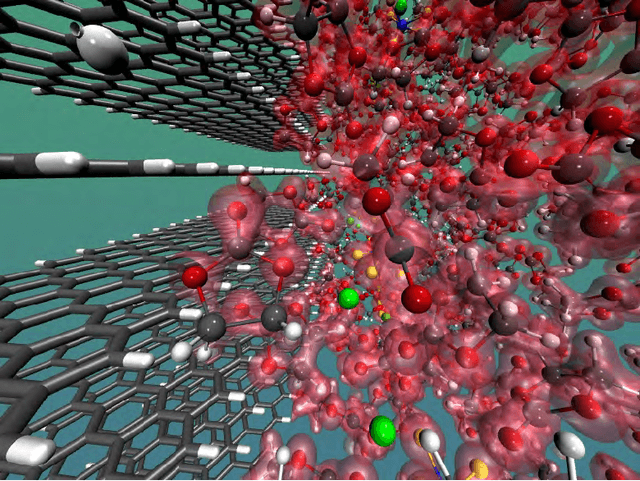Juan M. Restrepo
Estimating an Executive Summary of a Time Series: The Tendency
Jan 08, 2024Abstract:In this paper we revisit the problem of decomposing a signal into a tendency and a residual. The tendency describes an executive summary of a signal that encapsulates its notable characteristics while disregarding seemingly random, less interesting aspects. Building upon the Intrinsic Time Decomposition (ITD) and information-theoretical analysis, we introduce two alternative procedures for selecting the tendency from the ITD baselines. The first is based on the maximum extrema prominence, namely the maximum difference between extrema within each baseline. Specifically this method selects the tendency as the baseline from which an ITD step would produce the largest decline of the maximum prominence. The second method uses the rotations from the ITD and selects the tendency as the last baseline for which the associated rotation is statistically stationary. We delve into a comparative analysis of the information content and interpretability of the tendencies obtained by our proposed methods and those obtained through conventional low-pass filtering schemes, particularly the Hodrik-Prescott (HP) filter. Our findings underscore a fundamental distinction in the nature and interpretability of these tendencies, highlighting their context-dependent utility with emphasis in multi-scale signals. Through a series of real-world applications, we demonstrate the computational robustness and practical utility of our proposed tendencies, emphasizing their adaptability and relevance in diverse time series contexts.
Randomized Algorithms for Scientific Computing (RASC)
Apr 19, 2021



Abstract:Randomized algorithms have propelled advances in artificial intelligence and represent a foundational research area in advancing AI for Science. Future advancements in DOE Office of Science priority areas such as climate science, astrophysics, fusion, advanced materials, combustion, and quantum computing all require randomized algorithms for surmounting challenges of complexity, robustness, and scalability. This report summarizes the outcomes of that workshop, "Randomized Algorithms for Scientific Computing (RASC)," held virtually across four days in December 2020 and January 2021.
 Add to Chrome
Add to Chrome Add to Firefox
Add to Firefox Add to Edge
Add to Edge